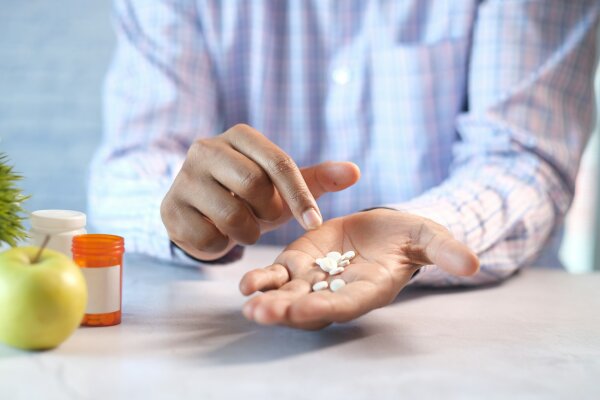In recent years, the discussion surrounding Vitamin B12 has intensified, especially regarding potential overdose concerns. However, the reality is that overdosing on Vitamin B12 is extremely rare, as it is a water-soluble vitamin that simply gets excreted through urine if taken in excess.
While vitamin overdoses can be a serious concern, it's hardly an issue with Vitamin B12. Those taking supplements to boost their B12 levels can rest assured, as the body readily eliminates excess Vitamin B12 rather than storing it.
The real concern often lies in a deficiency of Vitamin B12. This vital vitamin plays a crucial role in many bodily functions and processes. It's indispensable for the formation of red blood cells, maintaining a healthy nervous system, and DNA synthesis.
A deficiency in Vitamin B12 can lead to serious health problems, including anemia, fatigue, weakness, neurological disorders, and even irreversible nerve and brain damage.
The importance of Vitamin B12 to the body cannot be overstated. It's essential for energy production, cell division, DNA and RNA synthesis, and proper nervous system function.
It's important to note that a high level of Vitamin B12 in the blood isn't necessarily an indication of a healthy diet or excessive supplementation. In fact, an elevated B12 level may be an indicator of underlying health issues.
A rising Vitamin B12 level may rather be the result of an existing or developing condition such as rheumatism, liver diseases (hepatitis, cirrhosis, liver cancer), kidney diseases, blood disorders (e.g., leukemia), or cancer.
Overall, it's crucial to have a balanced understanding of Vitamin B12. While a deficiency can have severe consequences, overdose is hardly a concern. A balanced diet rich in Vitamin B12 sources and, if necessary, appropriate supplementation can help support health and well-being.
